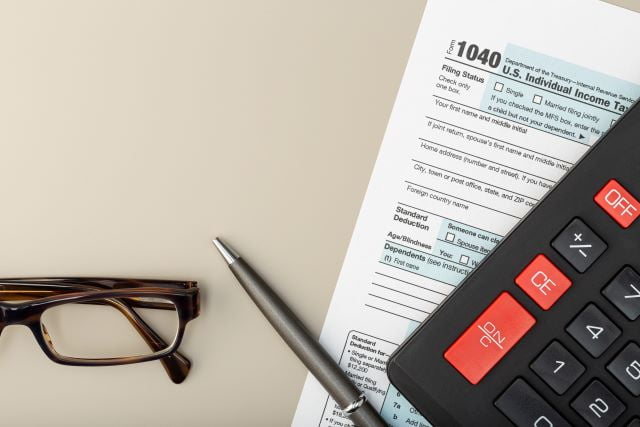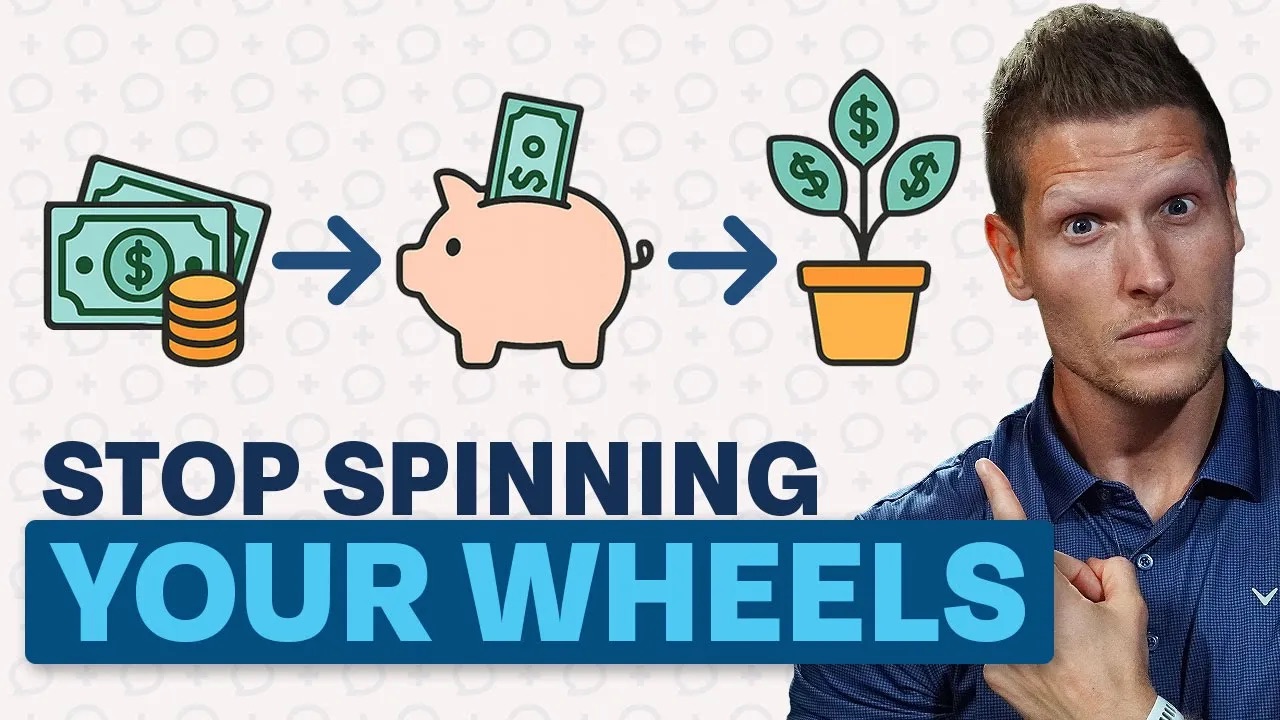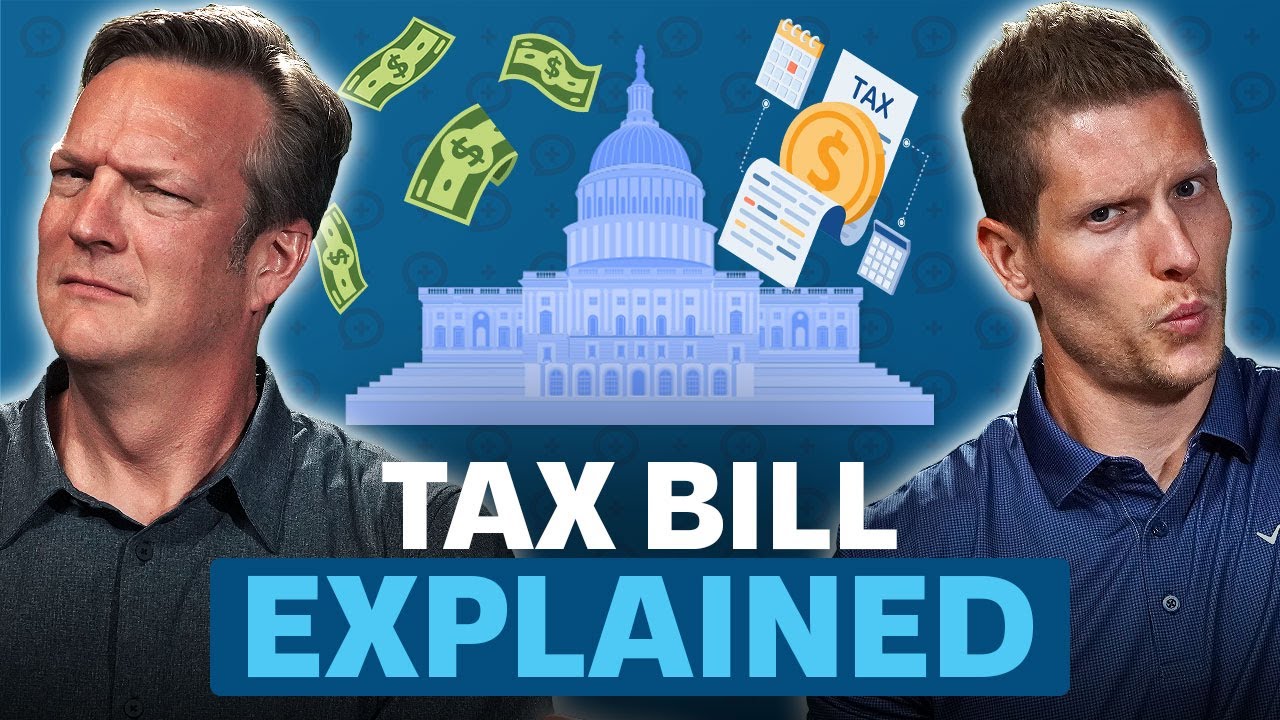
Taxes are an unavoidable part of life, but there are ways to lower your tax burden. In 2020, there was a plethora of new legislation and law changes that could change your next tax bill. It’s important to know how those changes affect you and how to optimize your tax strategy. Here are the best ways to save money on taxes in 2020.
Special charitable deductions
Normally, charitable contributions are a below-the-line (itemized) deduction. That means if you take the standard deduction and donate to charity, you aren’t able to deduct your donation on your taxes. In 2020, though, the CARES Act created a special $300 above-the-line charitable deduction for cash contributions. If you expect to take the standard deduction and aren’t normally able to deduct your charitable contribution on your tax return, make sure to take advantage of the special rules for 2020.
If you are someone who typically itemizes, you can take full advantage of donating to charity. It may be more beneficial to donate clutter to stores like Goodwill and Habitat for Humanity instead of selling your stuff online or at a yard sale; you help charity, can deduct your donations, and save time. Advanced giving strategies, like donating appreciated holdings or qualified charitable distributions, can benefit both you and your charity of choice.
Harvest losses
While the S&P 500 and other large cap domestic stock indexes have mostly recovered from their lows in March, other sectors weren’t as lucky. If you have positions with sizable losses in a taxable investment account, it may make sense to harvest some of those losses. Harvesting losses locks in positions that are down; currently you can deduct $3,000 in losses against ordinary income, and losses can be carried forward to future tax years.
Free capital gains!
The lowest capital gains rate is 0%, and if you find yourself in this bracket, take advantage of it while you can. If your income is less than $80,250 for married couples and $40,125 for individuals in 2020, your long-term capital gain transactions could be taxed at 0%. If you have positions with a long-term gain in a taxable account, you may be able to take advantage of free capital gains.
Understand stimulus money
Earlier this year when the CARES Act was signed into law, millions of Americans received a $1,200 stimulus check (or more if you had a spouse and kids). There were income thresholds for determining the amount received; the good news is that if you received a stimulus check earlier this year, the money is yours to keep (even if you end up exceeding the income threshold in 2020). If you weren’t eligible for the rebate earlier this year but will be eligible based on your income in 2020, you can expect to receive your stimulus check as a credit when you file your 2020 taxes.
Unique distribution opportunities
Millions of Americans lost their jobs this year, and, subsequently, retirement account distributions were made available to many people that may not have previously had access. If you don’t need to withdraw money from your retirement account, don’t do it! It’s best to avoid withdrawing money from your retirement account at all costs, but the option may be available if you need it. In addition to unique distribution opportunities, many retirees who would have been required to take RMDs this year may now skip this year’s RMD. If you don’t need the money, skipping your RMD this year could be a great opportunity to let those retirement assets grow even more.
Max out retirement plans
Contributing to your retirement account or a traditional IRA can be a great way to lower your tax burden, but it may make more sense to contribute to Roth, pay taxes now, and save the tax break for your future self. If your combined marginal tax rate (state, federal, and any local income tax) is less than 25%, it may make sense to contribute to Roth while you’re in a lower tax bracket. If your combined marginal rate is greater than 30%, you might want to consider taking the tax break now and contributing to a traditional IRA or making pre-tax 401(k) contributions.
Avoid IRS penalties
The IRS can have some pretty stiff penalties if you make mistakes or don’t pay the amount of taxes you owe, so it’s important to get it right on the front-end and avoid IRS penalties. If your tax return isn’t very complex you may be able to use a free online filing service, but don’t be afraid to hire a professional when you’ve reached a level of complexity where it makes sense to. Paying someone else to do your taxes may seem expensive, but could potentially save you thousands.
Our latest show, “Top 10 Year-End Tax Planning Tips for 2020,” is our list of the 10 tax tips you need to know in 2020. If you haven’t already, visit our resource page to download our 2020 tax guide, and watch our latest episode now on YouTube below.













